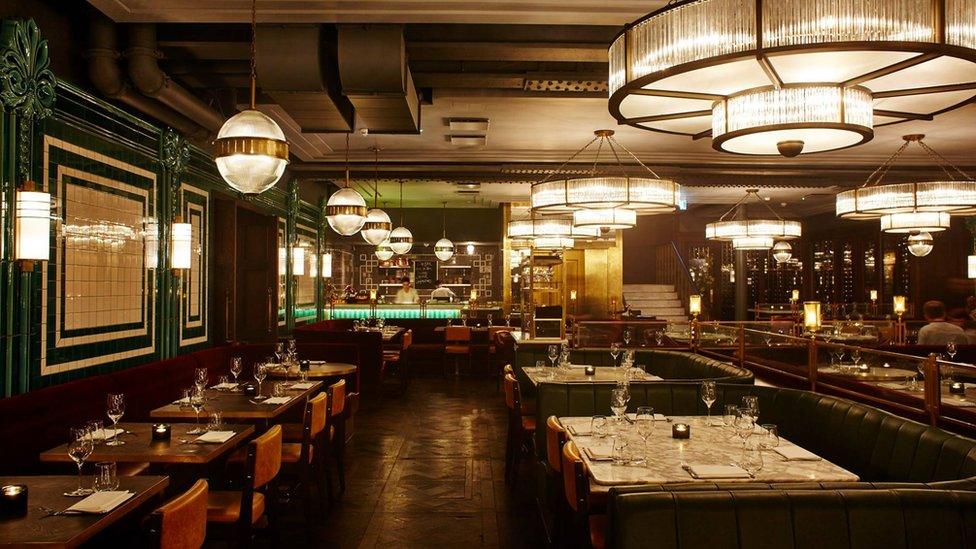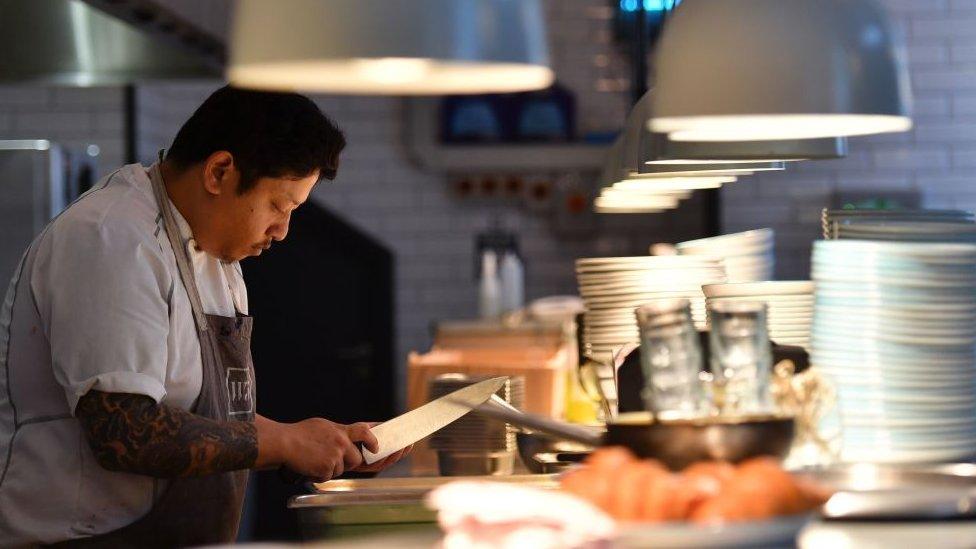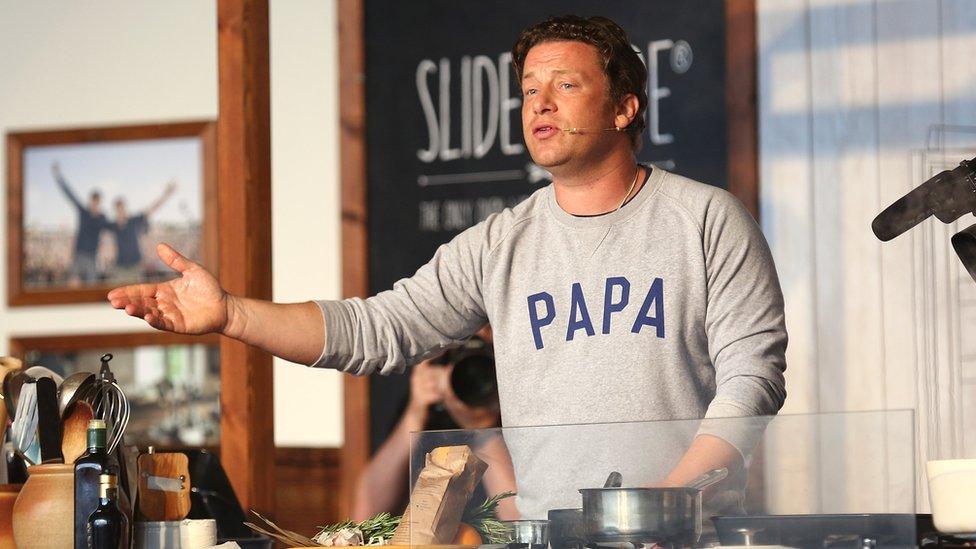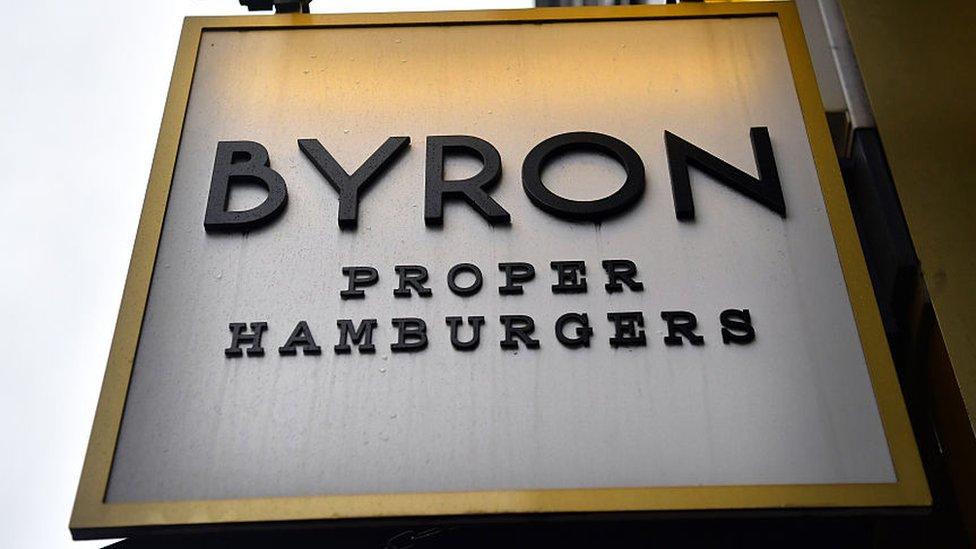Jamie Oliver closes flagship Barbecoa restaurant
- Published

Barbecoa specialises in grilled meats
Jamie Oliver's two flagship London restaurants have gone into administration, although the celebrity chef immediately bought one back.
His upmarket Barbecoa steak restaurant in London's Piccadilly will close a year after it was re-launched.
The other outlet, near St Paul's Cathedral, has been saved after the chef bought it for an undisclosed sum via a newly-created subsidiary.
The move comes as Mr Oliver makes cuts in other parts of his business.
Barbecoa St Paul's was bought back under a so-called pre-pack arrangement, which allows the purchase of the best assets of a business before it actually goes into administration.
The Jamie Oliver Restaurant Group was already cutting costs in other areas, despite the chef putting £3m of his own money into the business in December.
Last month it announced that it was shutting down 12 of its 37 Jamie's Italian restaurants - the mainstay of the group - as part of a rescue plan with creditors that would enable it to continue trading.
The closure of the 12 restaurants will affect at least 200 jobs.
Jamie Oliver's two flagship London restaurants have gone into administration.
Court documents revealed that Jamie's Italian had debts of £71.5m.
These included:
£30.2m of overdrafts and loans
£41.3m owed to landlords, HM Revenue and Customs, suppliers and other creditors, including £2.2m in wages owed to staff
However, £47m of the debts are covered by loans from HSBC Bank and Jamie Oliver's other companies.
The chain also closed down six Jamie's Italian restaurants in January 2017.
At the time, the company said that the closures were due to uncertainties caused by Brexit and a "tough" market.
Other British restaurant chains have been struggling in recent months.
In January, burger chain Byron announced that it too had entered into a company voluntary arrangement, which would mean that up to 20 Byron burger restaurants would need to close.
'Powerful' lessons
Mr Oliver has seen several setbacks to his business in recent years.
In 2017, he closed the last of his Union Jacks restaurants and also shut his magazine Jamie, which had been running for almost 10 years.
In 2015, he admitted that about 40% of his business ventures had gone wrong and cost him money, but said those mistakes had taught him "powerful" lessons.
Other parts of his business empire have been trading strongly.
Jamie Oliver Holdings, which controls his media businesses, including books, made profits of £5.4m in 2016 (the most recent year of accounts available).
Meanwhile Jamie Oliver Licensing, which makes money from ranges of products carrying his name made £7.3m.
- Published2 February 2018

- Published6 January 2017

- Published31 January 2018
